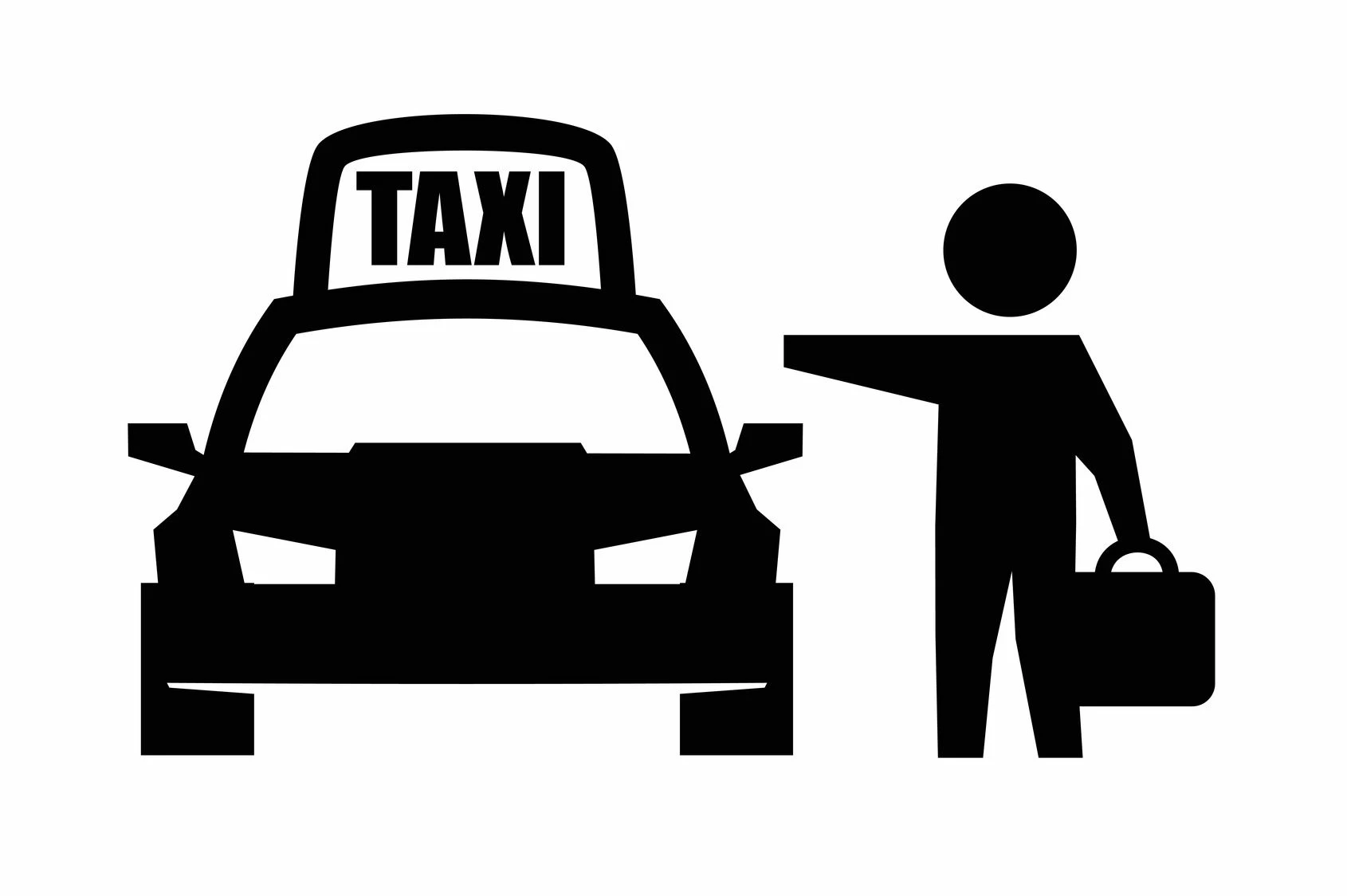
Partner Article
Resistance is Futile: What Businesses should learn from Uber
The London Taxi Driver Association (LTDA) has recently protested in central London, in an attempt to address what they call ‘unfair competition’ from the rise of lift-sharing company Uber. The Uber model relies on the absence of a taxi meter. Because the Uber app is integrated with GPS, Uber drivers can work out fares from point to point over time and distance, without the use of a meter. Thus avoiding the regulations that come with being a taxi company. The cabbies disagree with this, hence the protests, but there is a way for both to live in harmony.
B2C type companies, such as Uber, are in the process of integrating themselves into other technology platforms. Most recently I was impressed to discover an addition to my Google Maps app that estimated the arrival time of an Uber car to the location for which I was searching for public transport. It provided mileage and an estimated ‘time to destination’ that was significantly faster than the public transport alternative.
This integration is a prime example of savviness and intelligence from Uber, as a taxi company: is there a better opportunity for collaboration than with the most popular GPS app on the planet? This alternative option is obviously more expensive than the train, but in all likelihood cheaper than a black cab. First and foremost, the Google Maps integration provides the Uber option at a point where it is often needed most-when someone needs hassle free transport that is quicker than the train. As more turn to their phones for navigation, less will step onto the kerb and hail a black cab, but this is a good thing. Shaking up an industry keeps prices down and quality up – it can only be beneficial that the black cabs are rankled.
The sharing economy is on the rise: it was only so long before the collaborative consumption business models that have worked so well in the world of hospitality and travel would make their way to the transport industry. The black cabs have enjoyed a semi-monopoly in ‘on call travel’ for so long that there was bound to be a resistance. What’s baffling though, is the reluctance to integrate. Considering each of the cabbies in London is self-employed, you’d think they would want to be involved in something that earns them more revenue. Especially when that something takes them directly to their passengers, more efficiently than driving around looking for a hand wave.
Uber actually has an option for black cabs to use their services: it allows them to feature in the app as a possible option. If a cabbie is working at a competitive rate with Uber and competing with other Uber drivers who can only get around using satnav for direction, then surely the cabbie will get there first. They don’t need to spend time programming a satnav for a start – they have three to four years of navigation experience to guide them around the London streets.
In the long run, the situation is more about accepting change than anything else. As technology advances, those digging in their heels and failing to adapt fall as swiftly as they rise. The impressive increase in popularity of Uber is due to their ability to provide solutions for cheaper, more efficient transport. By providing a service of integration, they are making life easier for everyone. Even for the traditional Black Cab. Providing the cabbie is willing to adapt a little to collaborate with the ‘competition’. Don’t get me wrong, competition is healthy. But with a little more collaboration Black Cabs and Uber can create a situation that is beneficial for all of us.
This was posted in Bdaily's Members' News section by Joseph Lofthouse .
Enjoy the read? Get Bdaily delivered.
Sign up to receive our popular morning National email for free.








 Raising the bar to boost North East growth
Raising the bar to boost North East growth
 Navigating the messy middle of business growth
Navigating the messy middle of business growth
 We must make it easier to hire young people
We must make it easier to hire young people
 Why community-based care is key to NHS' future
Why community-based care is key to NHS' future
 Culture, confidence and creativity in the North East
Culture, confidence and creativity in the North East
 Putting in the groundwork to boost skills
Putting in the groundwork to boost skills
 £100,000 milestone drives forward STEM work
£100,000 milestone drives forward STEM work
 Restoring confidence for the economic road ahead
Restoring confidence for the economic road ahead
 Ready to scale? Buy-and-build offers opportunity
Ready to scale? Buy-and-build offers opportunity
 When will our regional economy grow?
When will our regional economy grow?
 Creating a thriving North East construction sector
Creating a thriving North East construction sector
 Why investors are still backing the North East
Why investors are still backing the North East